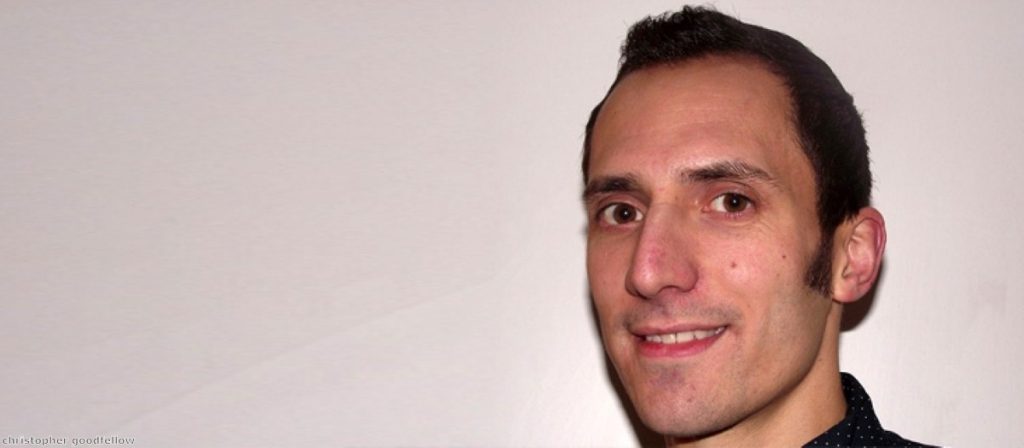Comment: Forget living costs: Ed Miliband needs a misery index
By Christopher Goodfellow
Ed Miliband needs to emulate President Carter and develop a misery index that gets to the heart of the electorate’s concerns about the economy.
The Labour leader’s position on the economy has been routinely derided by the Conservatives. Whether he’s tried to win the argument by talking about household bills, austerity or debt the most enduring narrative remains that the Tories took the tough choices to clear up Labour’s mess.
The cost of living crisis is a start, but Ed needs to support his economic arguments with a simple metric that capture’s voters' discontent, is easy to express and has a catchy name. Ed needs a misery index.


The concept played a crucial role in the US elections during 70s and 80s because it was so effective in highlighting the electorate’s two key concerns: inflation and unemployment.
Jimmy Carter first used it as a candidate in 1976, when the sum of the two factors reached 12.5%, saying that "no man with that size misery index had a right to seek re-election" (Ronald Reagan trounced Carter four years later when the index stood at 20%, highlighting this failure in the TV debates).
Arthur Okun invented the misery index as the discomfort index when the US was mired in stagflation and a poll showed the public rated economists' forecasting ability on a par with astrologers. That’s according to Alan Greenspan's account, who added: "This made me wonder what astrologers had done wrong."
Today we’re faced with weak forecasting and the challenge of having a reasonable discussion about austerity. In debates about government spending even the difference between debt and the deficit gets confused (lest we forget Cameron mixed them up in a party political broadcast), before we start talking about how to measure the structural deficit or fiscal multipliers.
The recession's impact on unemployment pushed the UK's misery index into double digits for the first time in eight years. That said, the fall in inflation since the start of the 90s insured that whatever happens it'll never be as scary as when it peaked in the mid-70s and early-80s, and some other version of Okun’s idea needs to be developed.
I’d suggest the change in average wages minus the change in inflation. The stark reality is that inflation has been outstripping wage growth since June 2008 and we’ve been getting poorer in a very real sense.
This index might turn positive on a year-on-year basis by the end of 2014, but undoing five years of falling spending power, of misery, will take time. And I’ll leave refining the approach to whomever Ed pays to read the newspapers.
The point is it should have been easy for Labour to lament the Tories on the economy and the impact of the cuts – remember when Mervyn King said the extent of fiscal austerity needed meant the party that won in 2010 would be out of power for a generation? What I’m interested in is more the concept, the idea that you can control the debate by framing it in a measurement of success or failure of your choice, provided it’s simple to convey and hits upon a popular sentiment.
Christopher Goodfellow is a freelance political and business journalist. You can follow him on Twitter, visit his blog, or read his work in the likes of the Guardian and Vice magazine.
The opinions in politics.co.uk's Comment and Analysis section are those of the author and are no reflection of the views of the website or its owners.









